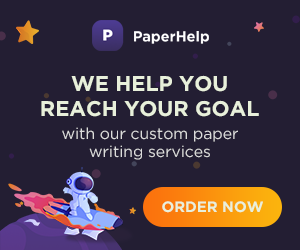Here are the questions (timepoints marked below) that Kyle and Jean-Sebastien (one of our stellar DSDJ students) went over in last week's live mentoring call—be sure to watch the full video for some great data science job search insights!
1. Do technical papers and journals help gain knowledge in data science? (3:20)
2. What kind of legal or ethical issues can you run into when you deploy machine learning models? (7:17)
3. What statistical concepts are important to know when you enter data science? (9:54)
4. Are there times when a data scientist’s results are ignored? (13:18)
5. If I don’t have business experience, how do I relate my projects to the business that I’m interviewing at? (16:50)
6. Does publishing a conference or journal paper help me get a data science job? (21:01)
7. I’m proficient in python, do I need to learn R? (24:06)
8. If I’m finishing a PhD, what should I focus on so that I can complete my degree but still make good progress towards becoming a data scientist? (26:30)
9. If I have 10 years of experience as a software developer but haven’t worked with Machine Learning do I still need to target entry-level roles? (29:13)
10. How should I learn the technical skills that I’m lacking while doing the DSDJ program? (31:19)
11. What to do if you get stuck and your code won’t run. (36:44)
12. What should I write in the introduction portion of the DSDJ cover letter template? Do I really have to have a cover letter to apply when it’s a requirement? (38:51)
13. Would relying on R more than python be a good choice? (44:56)
14. What approach is needed to land a job in a new country? (46:00)
15. Will data science become “un-sexy” in the future? (50:51)
16. Kyle, do you think the real reason you got so many interviews is because you’re a data science rockstar? (54:02)
17. Does getting a PhD in a specific area restrict the industries I can work in? (57:13)
18. What books do you recommend to improve business acumen? (58:40)
19. Why the education system has failed you. (1:01:58)
20. How do you differentiate between a data scientist and a ML engineer? (1:06:01)
21. When are hidden Markov models used in industry? (1:08:12)
22. How to figure out what skills you need to work in any industry. (1:12:55)
23. Is scikit-learn the most important python package in the industry for models? (1:14:37)
24. Do we need to have any familiarity with pipeline frameworks? (1:17:40)
25. Should I learn tensorflow or PyTorch? (1:18:55)
26. What will an interviewer ask about AWS, GCP, or Azure? (1:19:31)
27. Is it bad to learn Keras without learning tensorflow? (1:21:19)
28. Should I worry about my boss seeing that I post about data science online (hinting that I want to leave my current job)? (1:22:56)
29. What does it mean to “have an interest in the business outcomes” as a data scientist? (1:27:43)
30. How do you use automation in your code for data science projects? (1:29:39)
31. How can I ethically use someone else’s code in my project? (1:35:05)
32. What is the difference between data analytics and data science? (1:39:14)





0 comments:
Post a Comment